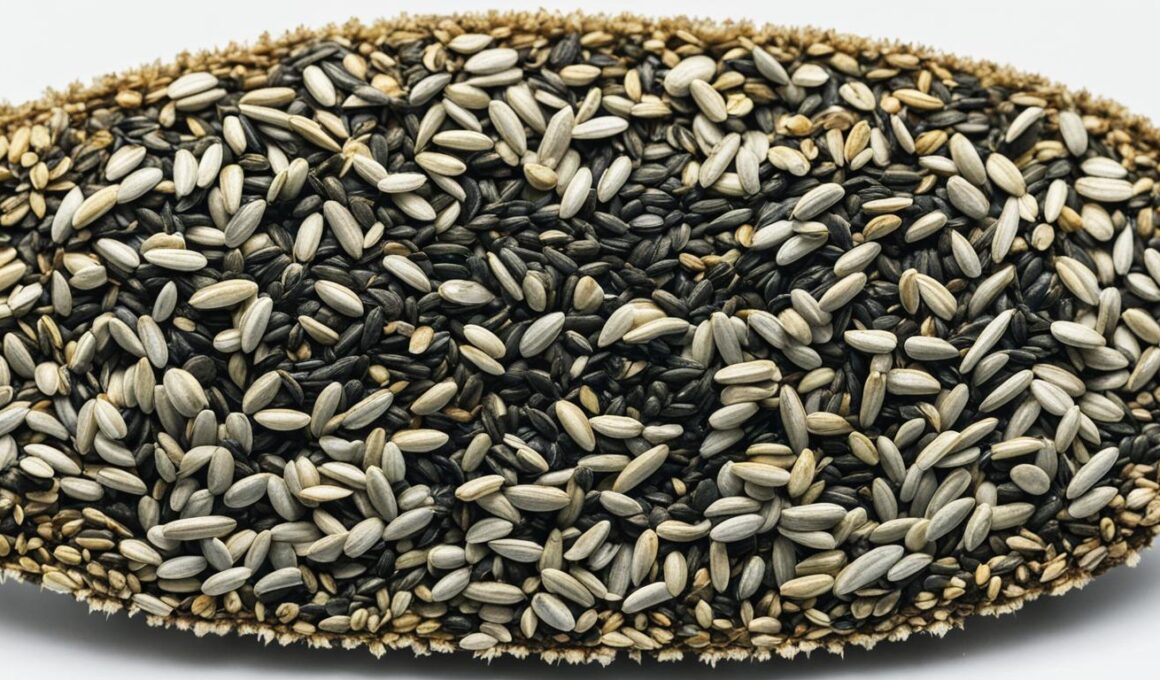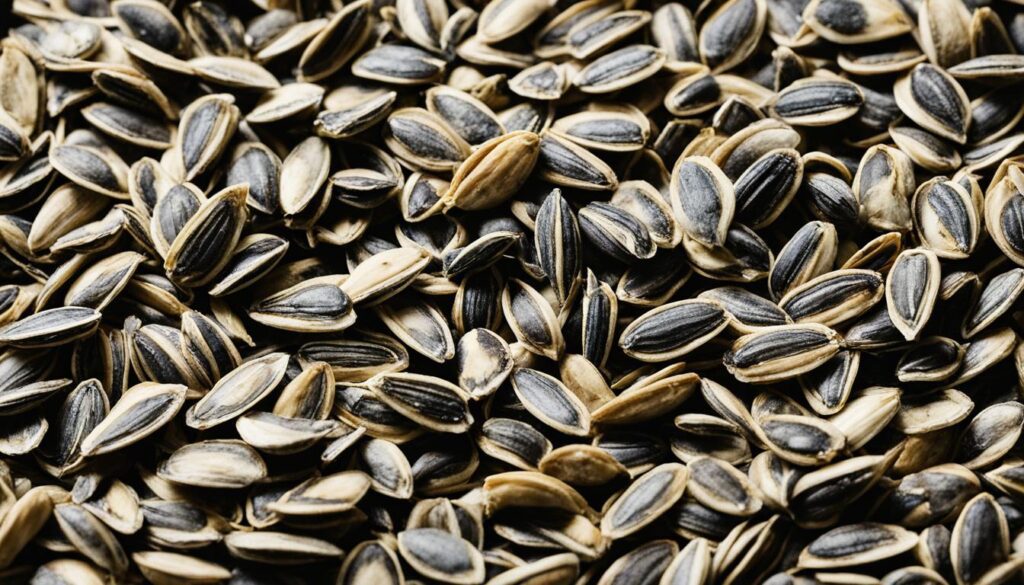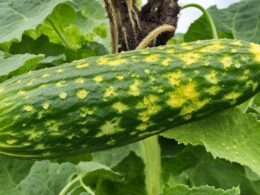When it comes to sunflower seeds, knowing their shelf life and proper storage techniques is essential. Whether you enjoy these seeds as a nutritious snack or use them in various recipes, understanding how long they last can help you plan your purchases and prevent waste.
So, how long do sunflower seeds actually last? Well, it depends on how you store them. Raw sunflower seeds can have a shelf life of 2-3 months in the pantry, while they can last for up to 1 year in the fridge or freezer. Roasted, shelled sunflower seeds, on the other hand, have a slightly shorter shelf life of 3-4 months in the pantry or up to 1 year in the fridge or freezer. If you prefer roasted, in-shell sunflower seeds, they can stay fresh for 4-5 months in the pantry or up to 1 year when stored in the fridge or freezer.
It’s important to note that these timeframes are “best-by” dates and indicate the period of optimal quality. However, sunflower seeds can still be safely consumed beyond that date as long as they show no signs of spoilage.
Speaking of spoilage, sunflower seeds can go bad due to rancidity, which occurs when the natural oils in the seeds break down. While uncommon, there is also a slight possibility of mold growth. To prevent these issues, it’s crucial to store sunflower seeds properly.
Next, we will delve into the signs of bad sunflower seeds and explore tips for storing and using them effectively.
How to Tell if Sunflower Seeds are Bad?
When it comes to sunflower seeds, freshness is key. As a smart consumer, it’s important to know how to tell if your sunflower seeds have gone bad. Signs of bad sunflower seeds include rancid smell or taste, mold, and infestation by pantry bugs.
The most common way sunflower seeds go bad is through rancidity, which is caused by the breakdown of the natural oils. If your seeds have a sour or bitter smell, it’s a clear indicator that they have gone rancid and should be discarded. The same goes for the taste – if they taste off or unpleasant, it’s best to avoid consuming them.
While mold growth is rare in sunflower seeds, it can be a sign of spoilage. If you notice any mold on your seeds, it’s best to err on the side of caution and discard them. Properly stored sunflower seeds are unlikely to develop mold, so make sure to store them in a well-sealed bag or container to prevent any potential contamination.
Pantry bugs are another potential issue with sunflower seeds. These pests can infest your seeds, rendering them unfit for consumption. To avoid this, store your seeds in a cool, dry place away from pests, and ensure they are tightly sealed in an airtight container or resealable bag.
Knowing the signs of bad sunflower seeds will help you make informed choices and ensure you enjoy the freshest, tastiest seeds every time. Trust your senses and if in doubt, it’s better to be safe than sorry.
Tips for Storing and Using Sunflower Seeds
If you want to keep your sunflower seeds fresh and flavorful, proper storage is essential. According to experts, the best way to store sunflower seeds is in an airtight container or bag in a cool, dark place like your pantry. This will help to protect the seeds from exposure to air, light, and moisture, which can cause them to spoil faster.
For extended shelf life, you can also consider refrigerating your sunflower seeds. However, it’s crucial to use a glass or ceramic container to avoid any chemical transfer from plastic containers. Sunflower seed butter, on the other hand, should always be refrigerated after opening to maintain its quality and prevent spoilage.
When it comes to using sunflower seeds, the possibilities are endless. You can try soaking and drying the seeds before baking them for an extra burst of flavor. They can also be a delightful addition to your favorite recipes, adding a nutritious boost to salads, granolas, and baked goods. Another creative use for sunflower seeds is making homemade suet cakes for birds, providing them with a tasty and nutritious treat.
Remember, storing sunflower seeds properly and utilizing them in various ways will help you enjoy their taste and benefits to the fullest. Whether you choose to store them in your pantry or refrigerate them, sunflower seeds can be a versatile and delightful ingredient in your culinary adventures.
Can Sunflower Seeds Be Planted and Harvested at the Same Time as Broccolini?
Yes, sunflower seeds can be planted and harvested at the same time as broccolini. It’s important to consider the timing for broccolini harvest, as they mature in about 60-90 days. Sunflowers, on the other hand, take about 80-120 days to mature, making it possible to harvest them around the same time as broccolini.










